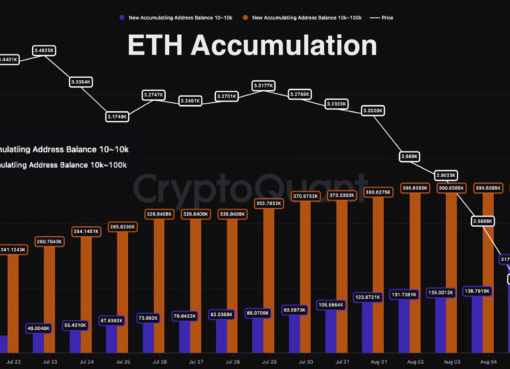Inflation in the Euro zone has fallen to 6.1% as individual countries are also recording reductions. However, Lagarde plans more rate hikes.
Euro zone inflation has dropped in May, with a steeper plunge than analysts and observers expected. Flash figures show that headline inflation, which was 7% in April, fell to 6.1% in May. This is the lowest recorded figure since February 2022. According to a Reuters poll, economics had set the May figure at 6.3%. Core inflation, minus food and energy, also fell from 5.6% to 5.3%.
The general sentiment in specific European countries was favorable as well. Generally, the Euro rose slightly higher against the British pound and the US dollar, as European stocks also saw their values climb. Specifically, news from Italy and Spain shows that inflation in both countries is gradually reducing. France and Germany are also seeing reductions below expected forecasts.
Lagarde: Euro Zone Inflation Is Still Too High
Despite inflation falling below expected levels, the President of the European Central Bank (ECB) Christine Lagarde believes it is still too high. Speaking at the Deutscher Sparkassentag 2023 conference, Lagarde said:
“Today, inflation is too high and it is set to remain so for too long. We are determined to bring it back down to our 2% medium-term target in a timely manner.”
Lagarde further explained that fighting inflation is the reason the ECB has “hiked rates at our fastest pace ever”. She also clearly stated that there will be more hikes until the apex bank achieves its target. However, the speech also notes that the ECB is monitoring the effect of all policies on the economy. She said:
“So, we need to continue our hiking cycle until we are sufficiently confident that inflation is on track to return to our target in a timely manner. At the same time, we need to carefully assess the strength of monetary policy transmission to financing conditions, the economy and inflation.”
In a recent note, Dutch Bank ING senior eurozone economist Bert Colijn said many inflation drivers have improved over the last few months. According to him, as these drivers reflect in the data, inflation should start dropping over the next few months. Regardless, the Deutsche Bundesbank President Joachim Nagel has corroborated Lagarde, stating he expects a few more interest rate hikes.
Inflation in Member Countries
Inflation in Spain saw a 2-year low of 2.9% after the government subsidized gas bills. Germany’s inflation fell from 7.6% to 6.3%, while France also recorded a reduction from 6.9% to 6%. However, France also saw an 11% plunge in food purchases. The zone’s second-largest economy recorded fewer purchases than seen during the COVID pandemic.
According to ING Bank senior economist Charlotte de Montpellier, the figure shows that inflation has bitten quite hard into the economy. The situation has resulted in reduced purchasing power and has forced people to rethink purchases and general consumption.
Tolu is a cryptocurrency and blockchain enthusiast based in Lagos. He likes to demystify crypto stories to the bare basics so that anyone anywhere can understand without too much background knowledge.
When he’s not neck-deep in crypto stories, Tolu enjoys music, loves to sing and is an avid movie lover.
Subscribe to our telegram channel.
Join




